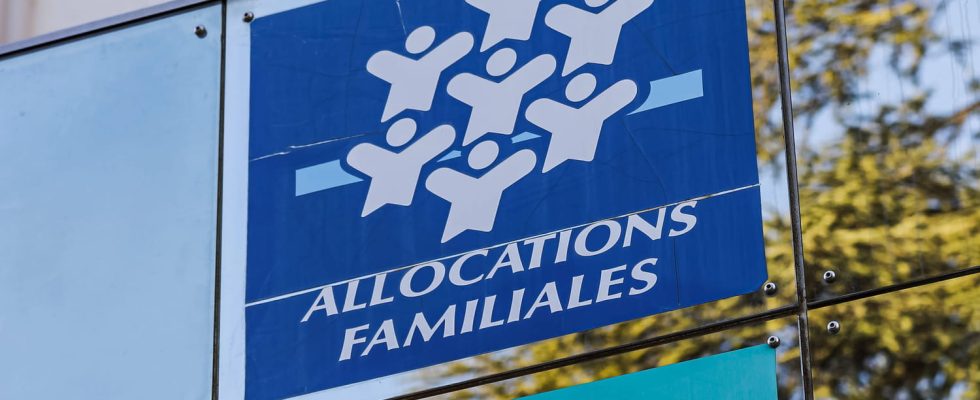The immigration bill concluded by the joint committee adopted the tightening of the criteria for foreigners’ access to social assistance. But are many legal foreigners receiving family allowances?
After disagreements over measures to regularize foreigners, the immigration bill came up against another obstacle: the criteria for paying social assistance to foreigners in a legal situation. The subject had, however, been the subject of long hours of negotiations between the majority and the right the week preceding the start of the joint committee (CMP).
On the one hand the majority assured that they wanted to better regulate social assistance while paying workers and supporting foreign students, on the other hand the right’s policy was to tighten access to social assistance. Despite the speeches of elected officials promising to “not give in”, the two camps found common ground and an agreement was reached in CMP on the bill. Result: access to social assistance has been tightened.
The efforts made by the right to win their case have been such that these social benefits appear to be a financial pit. However, if theINSEE has 5.3 million foreign people – and another 2.5 million immigrants who have acquired French nationality – living in France in 2022, only 10% of households of foreign nationals, European or non-European, benefit from one or several social benefits (family allowances, housing assistance such asPLA or the RSA) according to the National Family Allowance Fund (Cnaf). Far from being the biggest sources of expenditure in terms of family allowances. Relative to 39.7 billion euros spent in 2022 for all social benefits, those allocated to foreigners only represent 13% according to the Cnaf, or a little more than 5 billion euros.
The share of social assistance paid to foreigners, already in the minority, could fall further if the immigration bill is adopted in Parliament. According to the measures voted in CMP, foreigners who do not work should only receive aid after 5 years spent in France, a policy already applied for RSA but which would be generalized to all aids. Foreigners exercising an activity would have to wait 30 months, or two and a half years, before being able to claim social assistance. Currently, the waiting period is only a few months for most aid. Only personalized housing assistance (APL) should be accessible earlier for working foreigners: three months after their arrival. As for aid for disabled people, it should be the only one to be more easily paid to the foreigners concerned.
The Minister of the Interior welcomes this law, emphasizing this logic: “Those who work are helped, those who do not work are not.” The right is also satisfied, but it is the extreme right of Marine Le Pen which boasts of seeing some of its ideas included in the bill, in particular that of “national preference”. But not wanting to be attached to the National Rally, the minister recalled that “the difference in social benefits is not according to the status of people but according to their activity”: “It is the priority for workers, whether they are French or foreigners.
